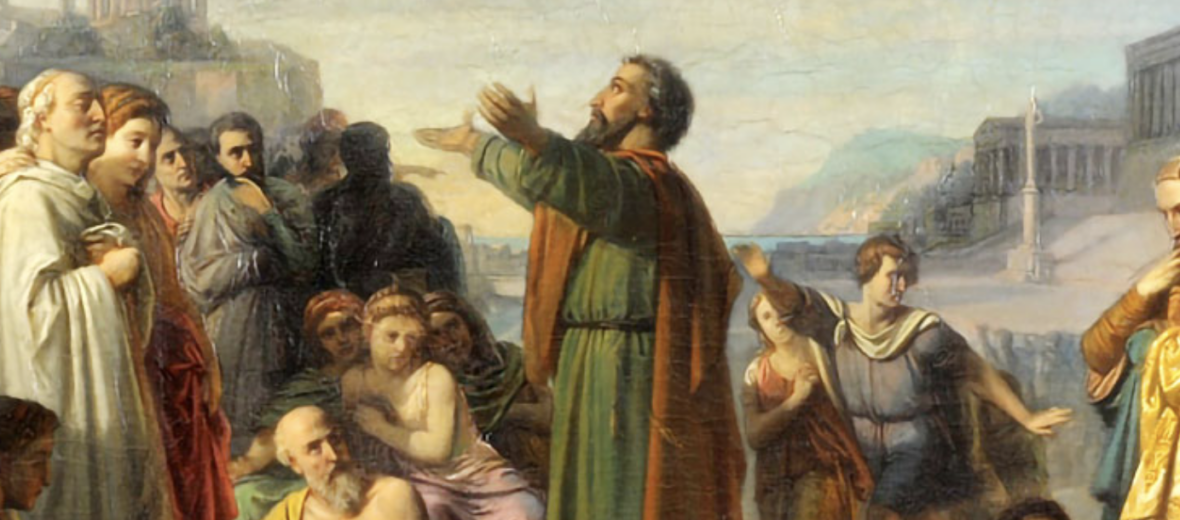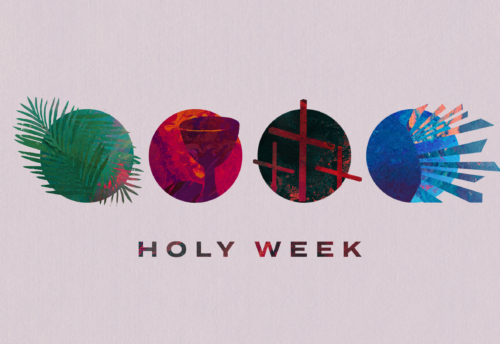
Jeffrey D. Pennington, Ph.D.
Sr. Pastor
First Baptist Church, Smyrna, GA
April 29, 2020
On April 16, 2020, Mayor Derek Norton and City Council met for a regular Committee on the Whole meeting. On the agenda for that meeting was a discussion and review of a Non- Discrimination Ordinance (NDO) written by Scott Cochran, Smyrna’s City Attorney. The NDO being discussed by our city officials is unprecedented in Cobb County by adding sexual orientation and gender identity as protected characteristics under the law. They claim to promote a culture of inclusivism, so long as you agree with the city’s views on issues of marriage and the nature of male and female. By way of a series of articles, that ironically leaves me and countless other people of faith on the outside of the NDO’s definition of inclusivity, I will address this delicate and potentially explosive issue in four facets. These articles serve as an invitation for others who think differently to be included in healthy dialogue. Upcoming articles will voice an opposing position by sharing stories of incalculable loss, present a common-sense perspective, and conclude with a constitutional perspective. First, I humbly and respectfully submit a relational perspective.
The language is admittedly archaic, but its agedness is what gives it such credence: kindness begets kindness. This maxim has not always marked our city, but in an ever-increasing way, it does now. As I lead the intergenerational congregation I serve, I get a view that few within our city enjoy. I recently officiated a wedding that challenged the prejudice of an attending family member. He pulled me aside and truthfully voiced his angst. After I muttered a few unmemorable words in response, I watched him bound to his place, on his own accord, in the family picture. He then lovingly beamed with a sincere smile. I get phone calls from church members who are greatly concerned about the LGBT lifestyle choices of others within their families. After lovingly expressing their honest rebuttal to the said loved one, they determine not to allow their relationship to cool. The balance that allows this kind of love, in both instances, can be fragile. Even in writing of them I feel their heaviness. Like every relationship that matters, there are emotional missteps in their wake. But in our present culture in which invidious discrimination is anathema, ordinances like the one being proposed are unneeded. This problem is taking care of itself without the heavy hand of government being used to prosecute and punish those who hold fast to millennia-old views on human sexuality.
Even in our great city, there are occasions when a person’s behavior is unkind. When that unkindness becomes malicious and concretely harms another, already existing laws are rightfully invoked. But in an era of our city that overwhelmingly values love over hate, why threaten its equilibrium with the induction of stifling fear? Missteps will happen, but that is how neighbors will learn. When there are slow learners, the spirit of the Jonquil City has a way of highlighting that too. These matters should be tended to and fixed, but the vast majority of what I describe never rises to victimizing malice. Through sharing life in the same city limits, authentic neighborly love comes in time. But it does come, and we are all better for it.
This argument is admittedly driven by my personal experience. Yet before it is set aside, afford me the answers to a few questions: Does our Mayor and City Council have substantial evidence to the contrary? Is hate language being propagated by business owners or are landlords blatant in their prejudice without accountability? When offenses do happen, is there not sufficient recourse through public pressure and shame directed at the offender? Are there present cases being brought with regularity to our city officials that would invoke the proposed ordinance? If the answer to these questions is no, then why is the ordinance even being discussed?

